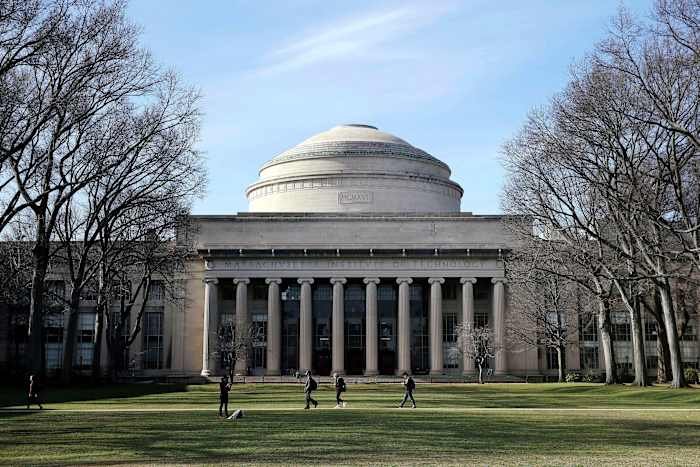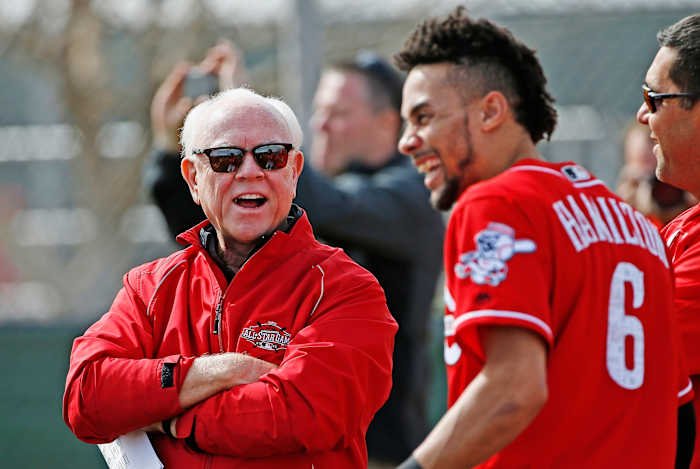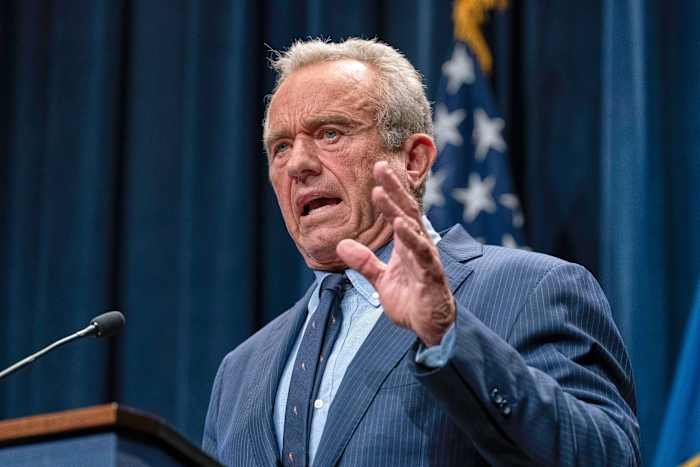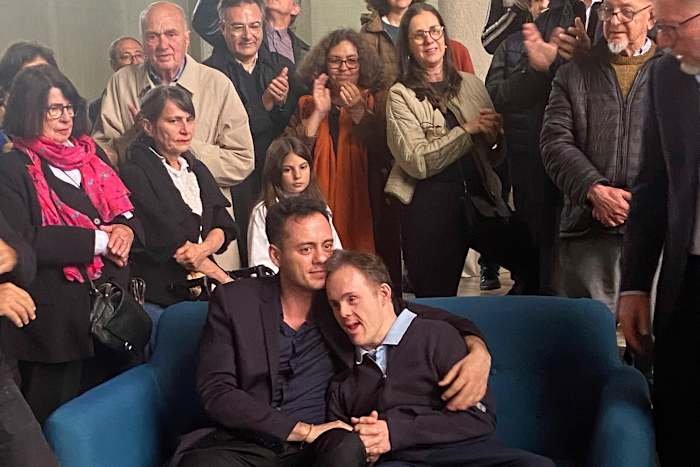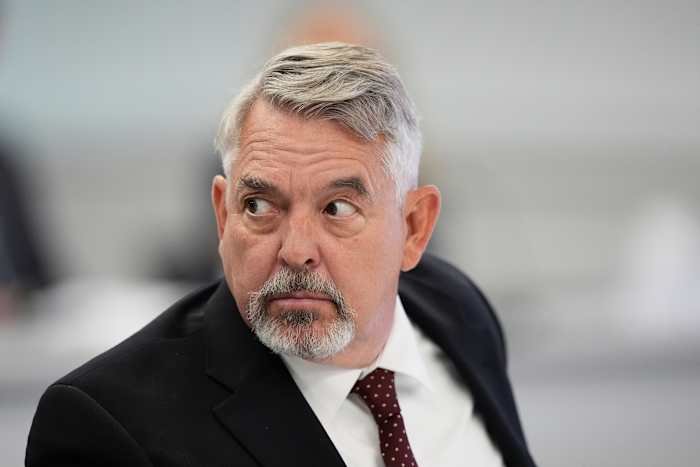In a bold and public response, the president of the Massachusetts Institute of Technology (MIT) has announced she “cannot support” a White House proposal that would require MIT and eight other leading universities to adopt elements of former President Donald Trump’s political agenda in exchange for continued access to federal funding. This stance has sparked a national conversation about academic independence, federal funding, and the potential ripple effects for research communities—including those right here in Orlando.
Understanding the White House Proposal
The White House recently sent a proposal to nine elite universities, including MIT, suggesting that favorable access to federal research funding would be contingent on the schools aligning with certain Trump-era policy priorities. While the specifics of these priorities have not been released in full detail, they reportedly relate to issues such as campus free speech, diversity initiatives, and approaches to international collaboration.
MIT President Sally Kornbluth’s swift and unequivocal response—stating that she “cannot support” the proposal—underscores the tension between academic freedom and governmental influence. Her statement comes at a critical time as universities across the nation, including those in Florida, rely heavily on federal grants to support groundbreaking research and fuel local innovation economies.
Why This Matters for Orlando’s Universities and Research
Orlando’s higher education institutions, such as the University of Central Florida (UCF), benefit significantly from federal research funding. UCF is a major research hub, frequently collaborating with partners across the country, including MIT, on initiatives ranging from advanced engineering to medical research. Any changes to the way federal funds are allocated—or the conditions attached to them—could directly impact Orlando’s research landscape.
If universities are required to adopt specific political priorities to access funding, it could create a chilling effect on academic independence. Orlando’s universities and their researchers could find themselves navigating new, potentially restrictive guidelines that might limit their ability to pursue innovative or controversial research topics.
Academic Freedom Versus Political Influence
At the heart of this issue is a fundamental question: Should universities be compelled to align with any administration’s political agenda as a precondition for vital research funding? Academic leaders like President Kornbluth argue that research and scholarship must remain independent of shifting political winds to foster genuine innovation and discovery.
For Orlando students and faculty, this debate isn’t abstract. Local researchers rely on federal grants for projects with real-world impacts—from hurricane prediction technologies to new medical treatments developed at UCF’s College of Medicine. A move to politicize funding decisions could stifle these efforts, making it harder for Orlando to remain at the forefront of scientific and technological advancement.
Potential Impacts on Orlando’s Economy and Innovation
Orlando’s economy is increasingly driven by knowledge industries—higher education, healthcare, and technology are all major employers in the region. Federal research grants not only support university labs but also spur local job creation, business startups, and partnerships with industries such as defense, aerospace, and digital media.
If access to these funds becomes tied to political compliance, Orlando’s reputation as an innovation-friendly city could suffer. Companies considering investments or partnerships with local universities might hesitate if they perceive the research environment as politically constrained. Furthermore, talented students and faculty may opt to take their skills elsewhere, where academic freedom is more robustly protected.
A National Debate With Local Consequences
The standoff between MIT and the White House isn’t just a story about elite universities in the Northeast—it’s a national issue with direct consequences for cities like Orlando. The outcome of this debate could set a precedent for how research funds are awarded and managed across the country.
As the conversation unfolds, local educators, policymakers, and business leaders will need to advocate for policies that protect both the integrity of academic research and Orlando’s role as a center for innovation. Maintaining open access to federal funding—without political strings attached—will be crucial for the continued growth and prosperity of Orlando’s vibrant research community.
Conclusion: What Do You Think?
The MIT president’s refusal to accept political conditions on research funding has brought a vital issue to the forefront: the balance between academic freedom and government oversight. For Orlando’s universities, students, and businesses, the stakes couldn’t be higher. Do you think universities should be required to adopt political priorities in exchange for federal grants? How might such policies affect research and innovation in Orlando?
Share your thoughts in the comments below—let’s start a conversation about the future of research, education, and innovation in our city!

